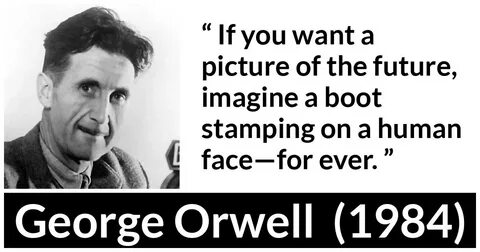The following has nothing to do with libertarianism.
In the Tucker Carlson/Bret Weinstein conversation over the existence of God, Weinstein, an evolutionary biologist, attempts to explain the atheist position and, Carlson, the theist position. It’s a great conversation, but Weinstein seems to base his explanation on what I think is a bad premise.
I’m an atheist who’s sympathetic to other’s belief in Gods, so I often make what seem like pro-religious arguments. The reason is that, after a long time of struggling with my own religiosity, I’m at peace with my non-belief, I consider it a personal, individual issue that, unlike statism, doesn’t directly impact others, and, therefore, doesn’t need evangelism. I see the benefits (and yes, of course, sometimes there are abuses) of religiosity to society and individuals and I don’t care to introduce doubt among the religious, so I don’t make atheist arguments to the religious.
Instead, my arguments usually address other atheist’s arguments and where they’re weak. This is a pretty easy thing to do, since the average atheist is as average as the average theist. Weinstein isn’t average, though, so his argument is worth addressing. The problem I have with it is that it assumes that a god, and in this conversation the god they’re referring to is the Christian god, is bound by the rules of logic. Weinstein argues that if the universe were created by a creator, then that creator had to come from somewhere. But that’s only true if the creator is bound by the realities that he created, for us.
The Christian concept of God that’s behind this conversation between Weinstein and Carlson, is the Omnigod concept, whereas God is omniscient (all-knowing), omnipotent (all-powerful), and omnipresent (everywhere at all times). He is the creator of all that exists outside of himself. He’s not bound by the rules of his own creation, so it isn’t necessarily true that God came from somewhere. His existence is completely outside of human reality. I remember in my intro to philosophy class in college the professor posing the seemingly paradoxical question, “Can God create a rock so big that he can’t lift it?”. It isn’t a paradox. The answer is yes. God can create a rock so big that he can’t lift and he can lift it. Of course, that makes no sense according to the rules of physical reality, but a god won’t be bound those rules. God can absolutely do things that make no sense to us. A paradox is no problem to an entity that exists outside of human-experienced reality.
Added rambling about atheism
No one reads this blog, so I’m going to ramble on for my own edification.
Non-belief and, therefore, atheism, can be passive. If I create a fictional character called Flarf The Almighty, but I don’t tell anyone about him and no one but me knows about him, then no one will believe he exists, because non-belief is the default. You don’t have to do anything at all to not believe in something. Belief, on the other hand, is active. You can’t believe in something without having considered it to some degree. After that consideration, you are either convinced that the thing exists, or you aren’t. If you’re convinced, you’re now a believer and if you aren’t, you’re a nonbeliever. The same applies to gods; if you’re convinced gods exist, you’re a theist. If you’re unconvinced, you’re an atheist. There are no “agnostics” in this paradigm. The fact is that no one knows whether gods exist, and, in that way, it could be said that everyone is agnostic in the popular parlance.
Yes, it’s possible to be an active nonbeliever. You’ve considered the existence of gods and you’re convinced they don’t exist, however, everyone is an atheist; those who are convinced that gods don’t exist and those who are unconvinced that they do exist, unless they are convinced that they do exist. To lay it out more clearly:
- Those who are convinced that gods don’t exist = atheists
- Those who are unconvinced that gods exist = atheists
- Those who are convinced that gods exist = theists
Glad I finally got those thoughts down.




One thought on “Atheists May Be Missing This”
Comments are closed.